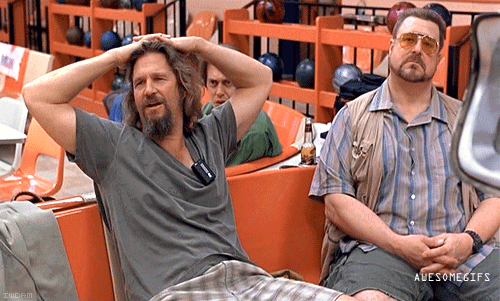Always be specific in your answer and include dates as well!
1. What were the two parties’ differing views of Reconstruction, and how did that influence their choices in the election of 1868? What does “waving the bloody shirt” and “the bloody chasm”mean?
2. What was the “Ohio Idea” and how would have affected the economy? Why do debtors like inflation?
3. Why were Republicans especially indebted to the 15th Amendment for their victory in 1868?
4. What were the practical effects of the Fisk/Gould conspiracy and of the Tweed Ring scandal?
5. What does “graft” and “honest graft” mean? Who eventually brought down Tweed?
6. Describe the Credit Mobilier, Belknap and Whiskey Ring scandals. What does this indicate about Grant’s abilities?
7. Describe the strange story of the Liberal Republicans and Horace Greeley. Why did Democratic support of Greeley seem strange? What six sins did regular Republicans accuse Greeley of?
8. What caused the Panic of 1873? What is the difference between “hard-money” and “cheap-money” supporters and what they wanted (include a discussion of the Resumption Act)?
9. What was the “Crime of ‘73” and how did the amount of silver in circulation influence it? Why did debtors want the government to encourage inflation, and how exactly was that to be done?
10. What was the political fallout regarding all this struggle over currency and monetary policy?
11. Why were elections so close during the “Gilded Age?” What were the real differences between Republicans and Democrats?
12. What on Earth are “Half-Breeds,” “Stalwarts,” and “Mugwumps?”
13. Why was Ohio so politically important? What role did it play in each of the elections in this chapter?
14. Why was the election of 1876 thrown into turmoil? How was this resolved?
15.List the specific benefits the South received as a result of the election of 1876. What were the long-term consequences of the election of 1876 and the Compromise of 1877?
16. How exactly were former slaves (and poor whites) virtually enslaved after the end of Reconstruction?
17. What caused the great railroad strike of 1877? How was this settled? Which side did the federal government take? Why could workers not unify to demand better treatment and wages?
18. Why was the Chinese Exclusionary Act passed? What is the difference between jus soli and jus sanguinis?
19. What role did patronage play in the second assassination of a US president? What reform was passed in the wake of this assassination, and what did it do?
20. Why was the presidential campaign of 1884 one of the dirtiest ever? What were the accusations hurled on both sides?
21. How did the Civil War influence politics throughout the last half of the 19th century?
22. Where did the “Billion Dollar Congress” get all of its money, and why was it determined to spend it all? (Consider the previous question as well).
23. What did the Populists want? Where were they strongest? Why did Southern blacks end up losing as the Populists became more powerful?
24. How did Cleveland end up being elected again in 1892 after losing in 1888?
25. How bad was the Depression of 1893? Why did currency issues crop up again? How was the crisis averted? Why is this so ironic, given what has happened in the US in 2008-2009)?
26. Who are the “Forgettable presidents” and why are they called that?
27. Did this era deserve the name “Gilded Age?” Explain.

You must be logged in to post a comment.